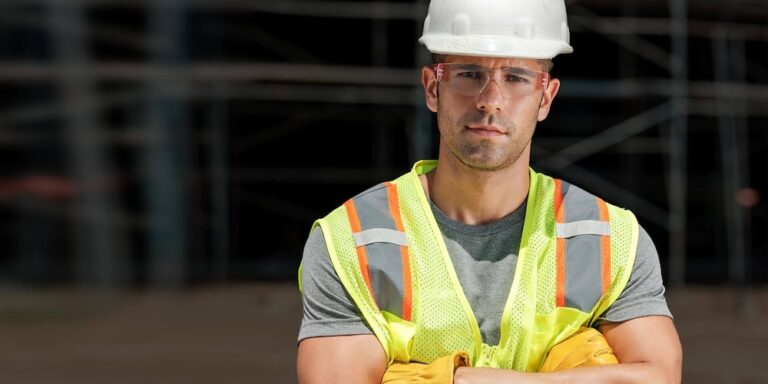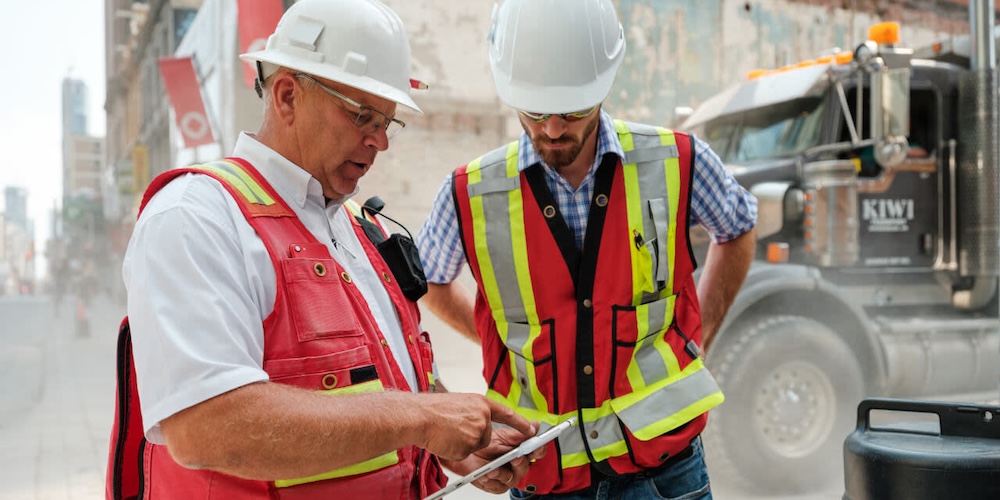— 4 min read
Construction Management: The CM’s Role on a Construction Project
Last Updated Jan 29, 2024

Whether you’re just starting out in the industry or you’re an open-minded expert who wants to know how the role has changed and will continue to do so in this new decade, this definitive guide provides an overview of everything you need to grow as a construction manager.
Contents
Table of contents
Construction Management Basics
Construction management is a specialised field of project management that involves supervision and coordination of construction activities to ensure successful project delivery. The term can also refer to a field of study: Many universities offer degree programs in construction management.
The ultimate goal of construction management is to minimise risk by controlling a project's programme, budget (cost), and quality.
Construction Manager Job Outlook
- Average Base Salary: £53,651 (source)
- Education Requirements: B.A. in Construction Management, Construction Science or related field
- Entry-Level Work Experience Needed: Depends on education level
- Soft Skills: Leadership, collaboration, customer-service, decision-making, public speaking, time management, writing, budgeting, technology and innovation
Construction Project Hierarchy
To fully understand how construction managers ensure successful projects, let’s put it within the context of the four various project stakeholders in the construction job title hierarchy.
- Owner-Developer: An individual or business entity who commissions and funds a project. Owners come from many different industries—real estate, development, healthcare, education and more. Many don’t have dedicated construction oversight teams and choose to contract out the work to a certified construction manager.
- Construction Manager: The person or team hired by the owner to provide oversight of the entire project’s delivery—from planning and preconstruction through construction and turnover.
- Architect and/or Engineer: The person or firm hired by an owner to manage project design and technical coordination between engineering disciplines.
- Main Contractor: The team hired by an owner to oversee day-to-day construction operations and subcontractor productivity during construction.
Construction Management During Each Project Phase
A construction manager is active throughout the entire lifecycle of a project. During each phase, they play an important role in successful project completion.
1. Planning
You get what you plan for. Measure twice, cut once. A stitch in time saves nine.
Whichever phrase you prefer—the main lesson here is that carefully coordinated pre-planning is the first major phase of risk mitigation. During this phase, the owner defines:
- Why there is a need for a building
- What their goals and success metrics will be
- How the needs and goals will impact the design
- Scopes for budget and timeline
Simultaneously, the construction manager works with the architects, engineers and other hired consultants to agree on the feasibility of those goals and do their best to plan ahead for potential construction setbacks.
The construction manager will also research which procurement method is most appropriate considering the task at hand. Just because design-tender-build is the most common route for modern construction projects, it does not mean it is the best.
At best, design-tender-build can provide owners with a fixed price contract to start with. But unless it is a traditional project with few unknowns, it is likely the price will change. This can damage relationships and lead to cut corners from contractors.
The greater the risks at the beginning, the more important it is to plan correctly around the right delivery method to avoid additional costs. Nevertheless, the greater the risks at the beginning, the greater the chance for additional costs.
2. Preconstruction
During preconstruction early plans are submitted for building permits and main contractor tenders. This could include construction management contracts, drawings and specifications.
Meanwhile, the construction manager is in charge of hiring all construction teams and utilising risk management best practices to ensure that issues are resolved prior to the start of construction. Proper risk management minimises the amount variations and delays down the road.
3. Construction
Planning is done. The main contractor breaks ground. Execution begins.
During construction, the construction manager oversees:
- Site investigations
- Monitoring main contractor safety programmes
- Monitoring insurance
- Answering RFIs
- Reviewing and approving technical submittals
- Coordinating permits
- Managing the budget
- Scheduling timely payment for work completed
- Ensuring the project is delivered as designed
All of this keeps the project moving smoothly while keeping stakeholders informed and satisfied.
4. Close Out
Snag lists are completed. Keys and as-builts are handed over to the owner.
Management of the building is officially “turned over” from the construction manager and main contractor to the owner.The owners must be provided with all project information and close out documents such as manuals, warranties, as-builts and closed out ledgers. Insurance must also be changed from the course of construction to permanent property insurance. And in some cases, the owner is trained on how to use and manage their facility.
Categories:
Tags:
Written by
Explore more helpful resources

Understanding the 6 Phases of Project Management in Construction
Every construction project is unique, having different participants, variable conditions and one-off requirements. But across them all, you’ll find construction project phases are strikingly similar. The construction phases of a...

Snag Lists in Construction: Getting to Zero
When you’re managing a construction project, it can feel like the tasks never end. New issues arise that need to be tackled, and then there are old tasks that sneak...

How to Win a Tender
When it comes to developing a winning tender, there is no magical prescription that works for every project. Each owner values different features of a tender: Some focus only on...

Preliminaries in Construction: A Guide for UK Contractors
All costs in a construction tender or contract will fall into one of two categories: Those that arise from specific work sections (i.e. direct costs), and those that are a...